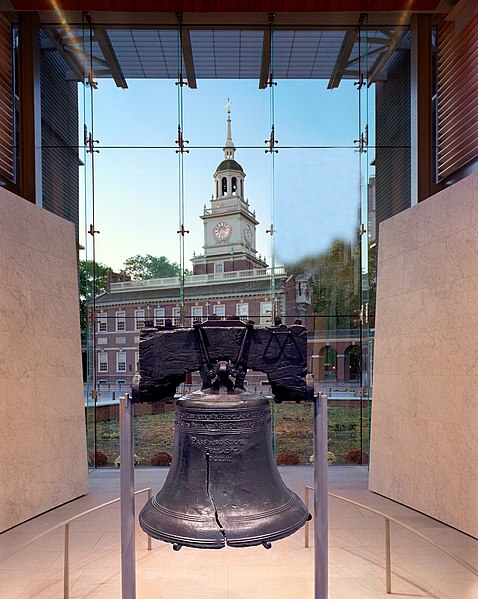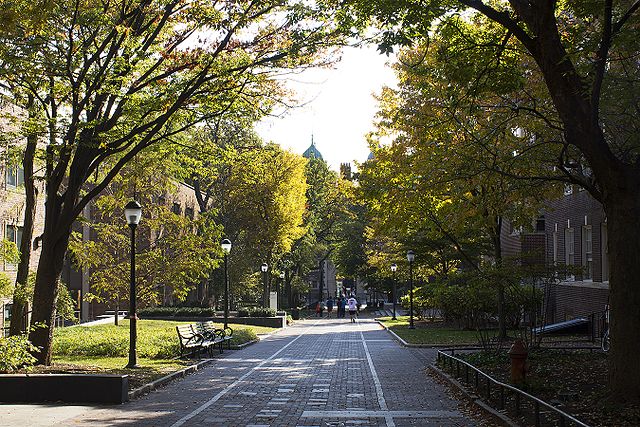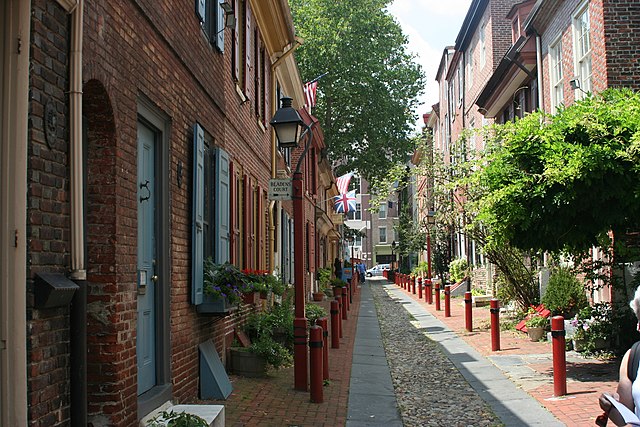Philadelphia is home to one of the world's most vibrant and well-documented musical heritages, stretching back to the colonial era. Innovations in classical music, opera, R&B, jazz, soul, and rock have earned the music of Philadelphia national and international renown. Philadelphia's musical institutions have long played an important role in the music of Pennsylvania and that of the nation, especially in the early development of hip hop music. Philadelphia's diverse population has also given it a reputation for styles ranging from dancehall to Irish traditional music, as well as a thriving classical and folk music scene.
Philadelphia's Academy of Music at Broad and Locust streets, the city's oldest performance venue, presenting operas and concerts annually since 1857
South Philadelphia native Marian Anderson, one of the most celebrated classical contraltos of the 20th century
Chubby Checker, one of Philadelphia's first mainstream stars
The Kimmel Center for the Performing Arts at 300 South Broad Street in July 2007
Philadelphia, commonly referred to as Philly, is the most populous city in the U.S. state of Pennsylvania. Philadelphia is the nation's sixth-most populous city, with a population of 1,603,797 in the 2020 census and is the urban core of the larger Delaware Valley, the nation's seventh-largest and one of the world's largest metropolitan regions consisting of 6.245 million residents in the metropolitan statistical area and 7.366 million residents in its combined statistical area. Philadelphia is known for its extensive contributions to United States history, especially the American Revolution, and served as the nation's capital until 1800. It maintains contemporary influence in business and industry, culture, sports, and music.
Image: Philadelphia skyline from South Street Bridge January 2020 (rotate 2 degrees perspective correction crop 4 1)
Image: Independence National Historical Park INDE0004 b
Image: Locust Walk by Wharton
Image: Elfreth's Alley 2








